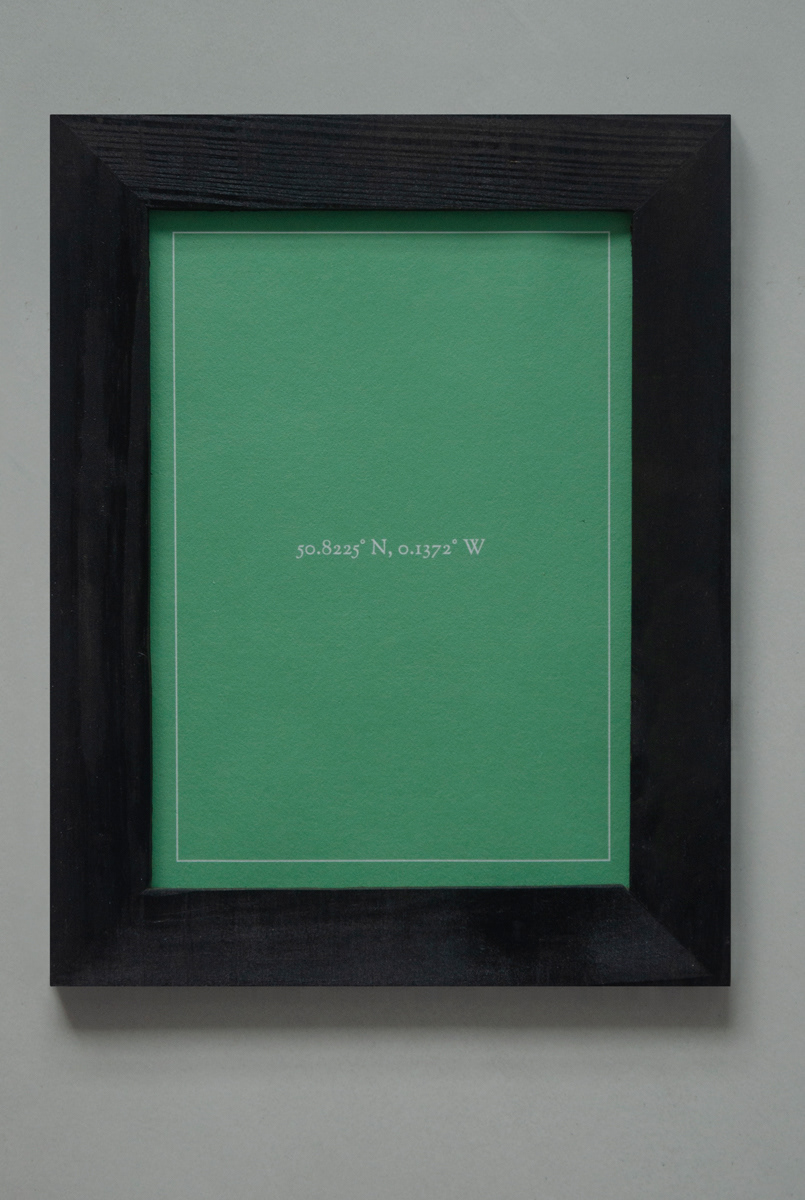
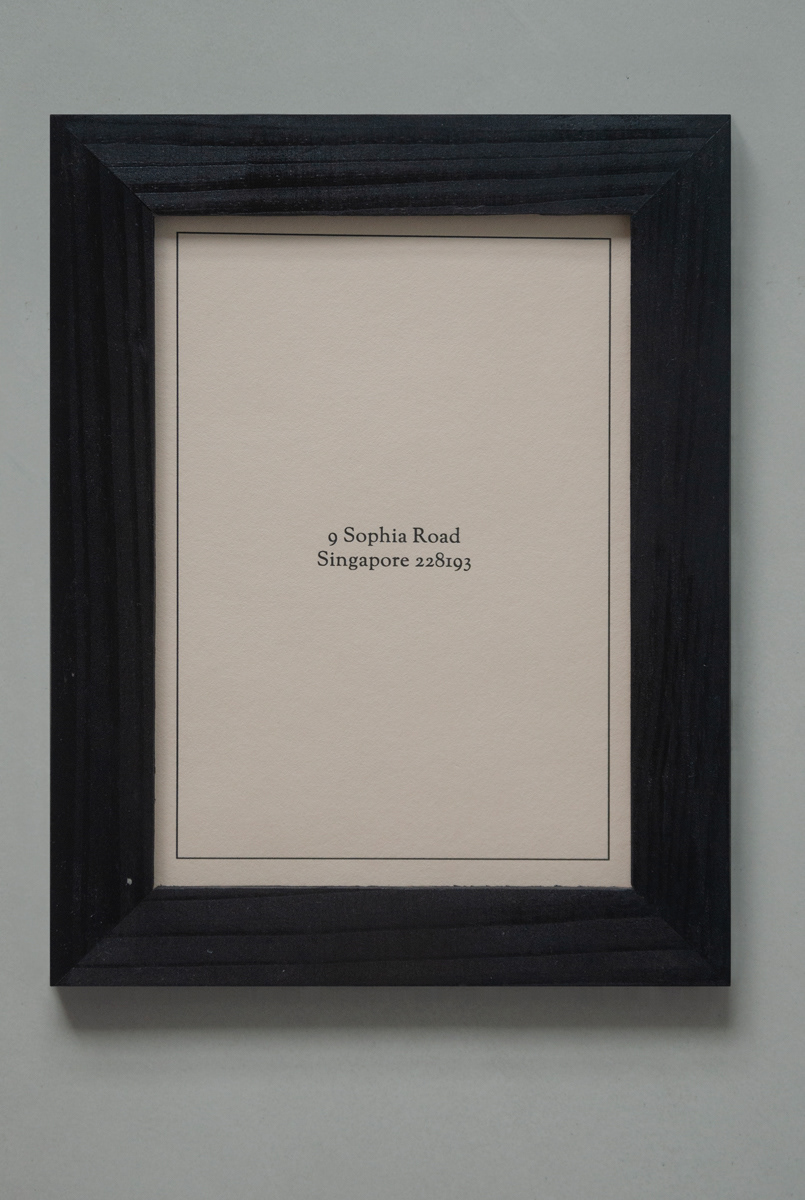
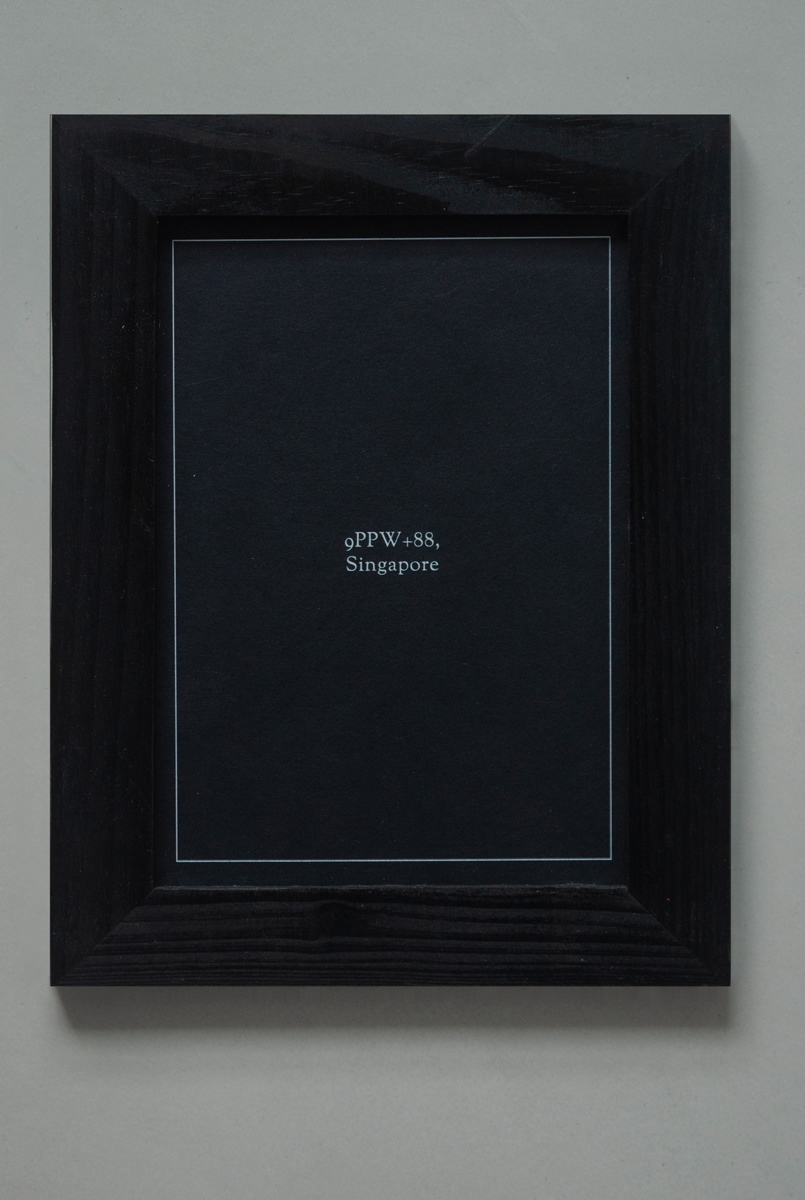
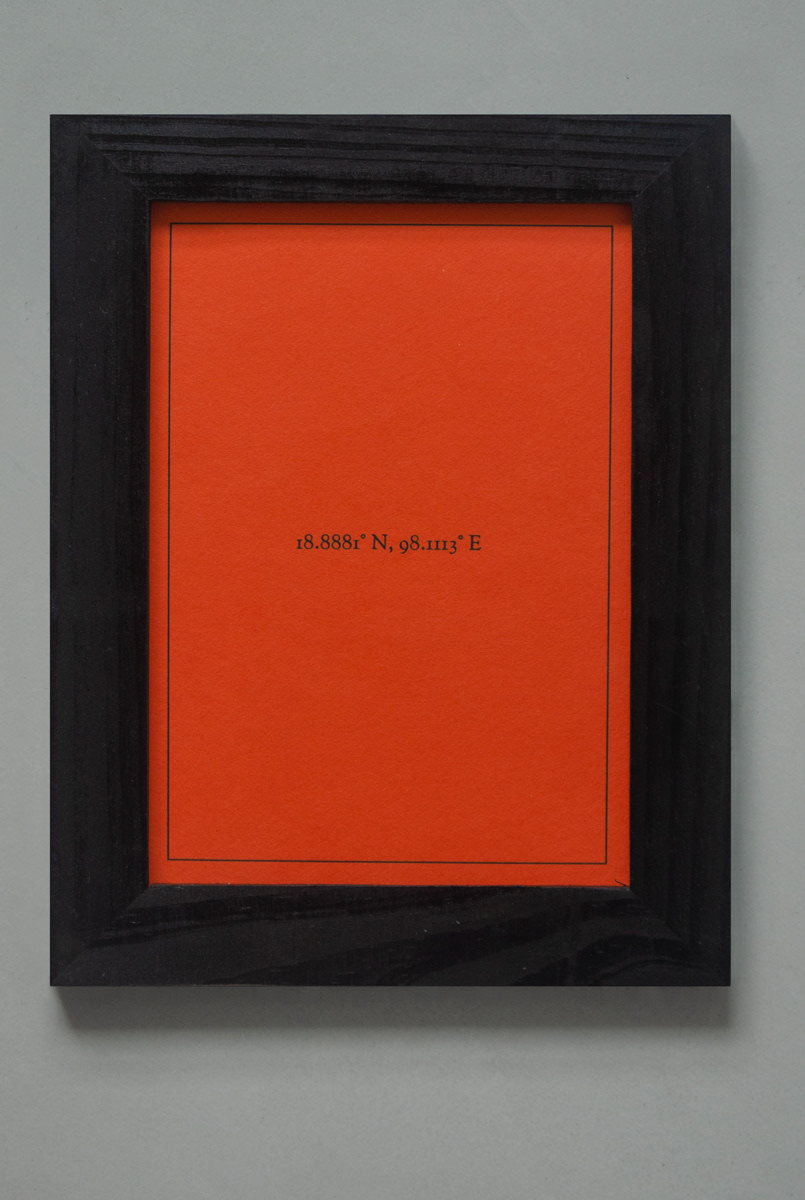
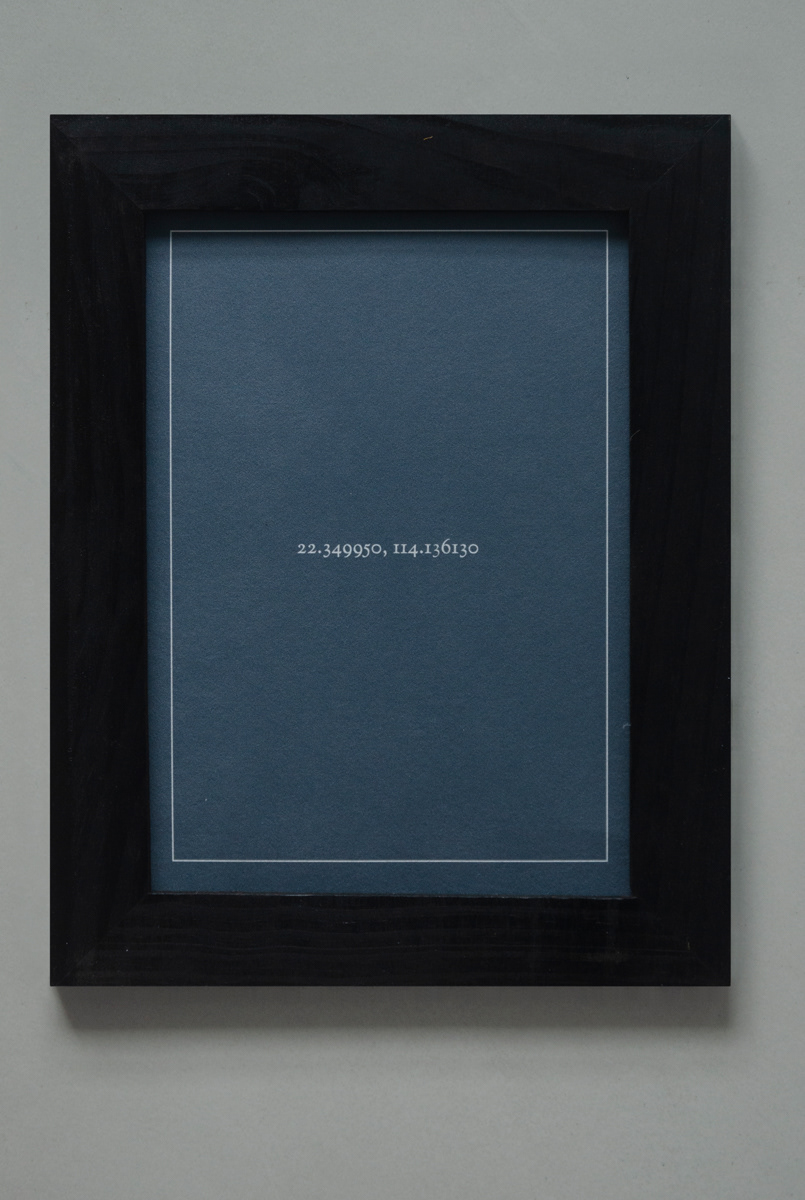
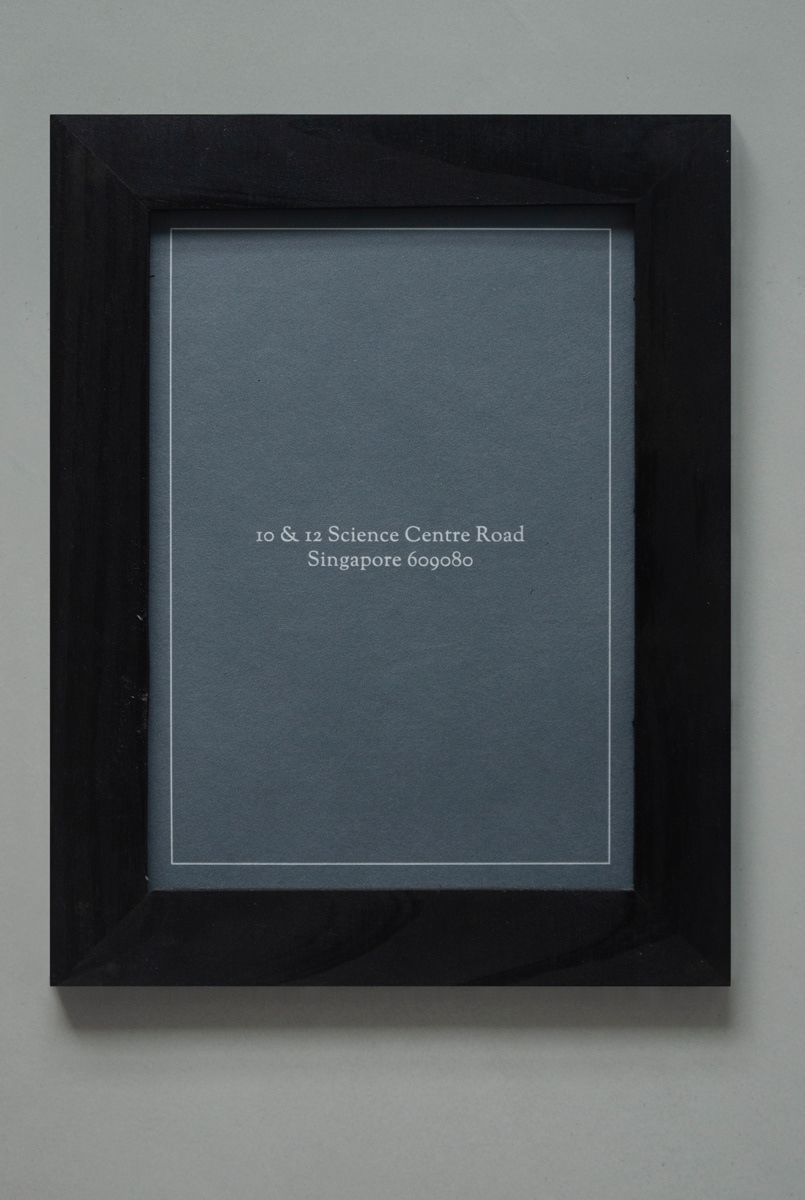
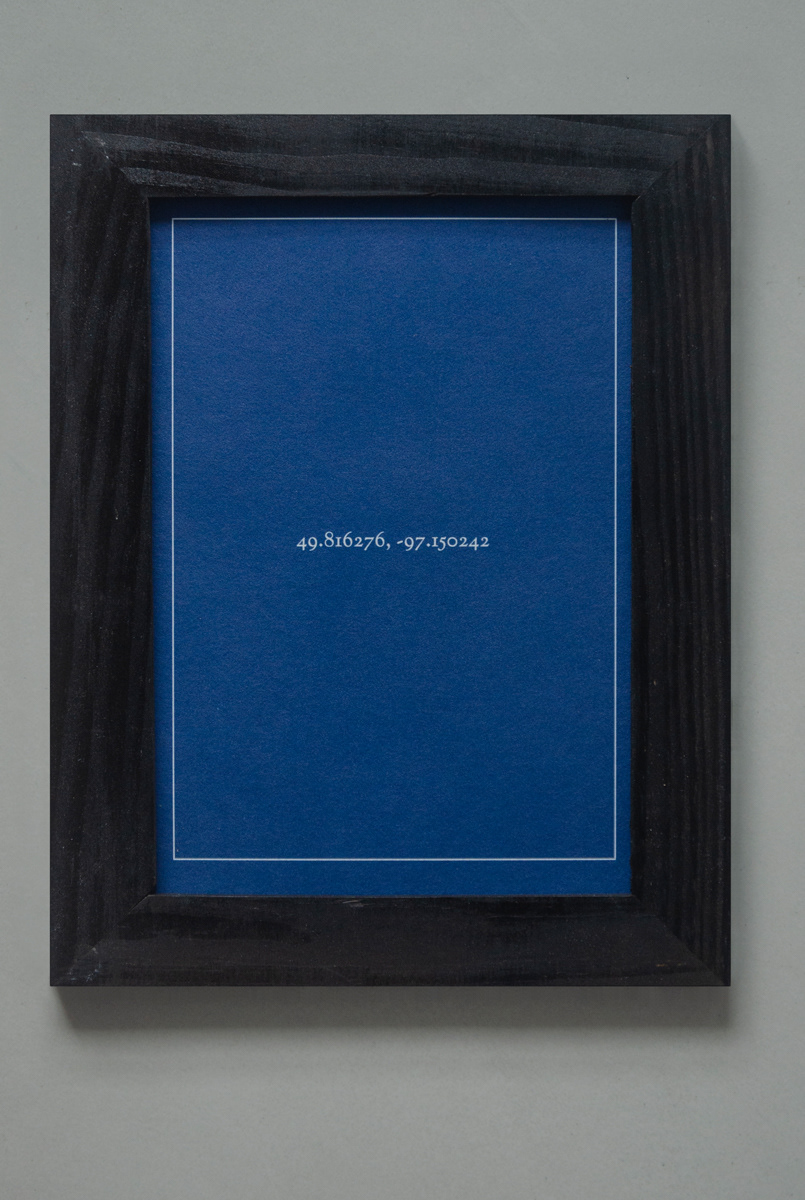
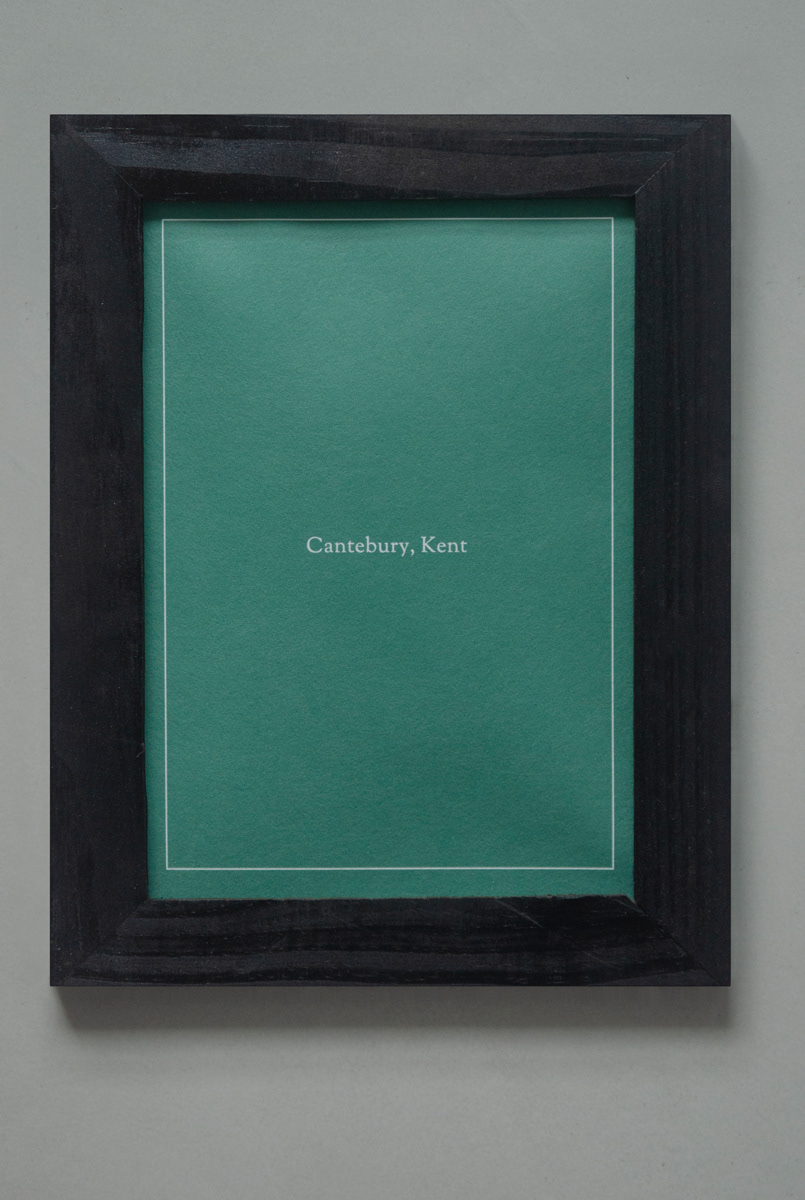

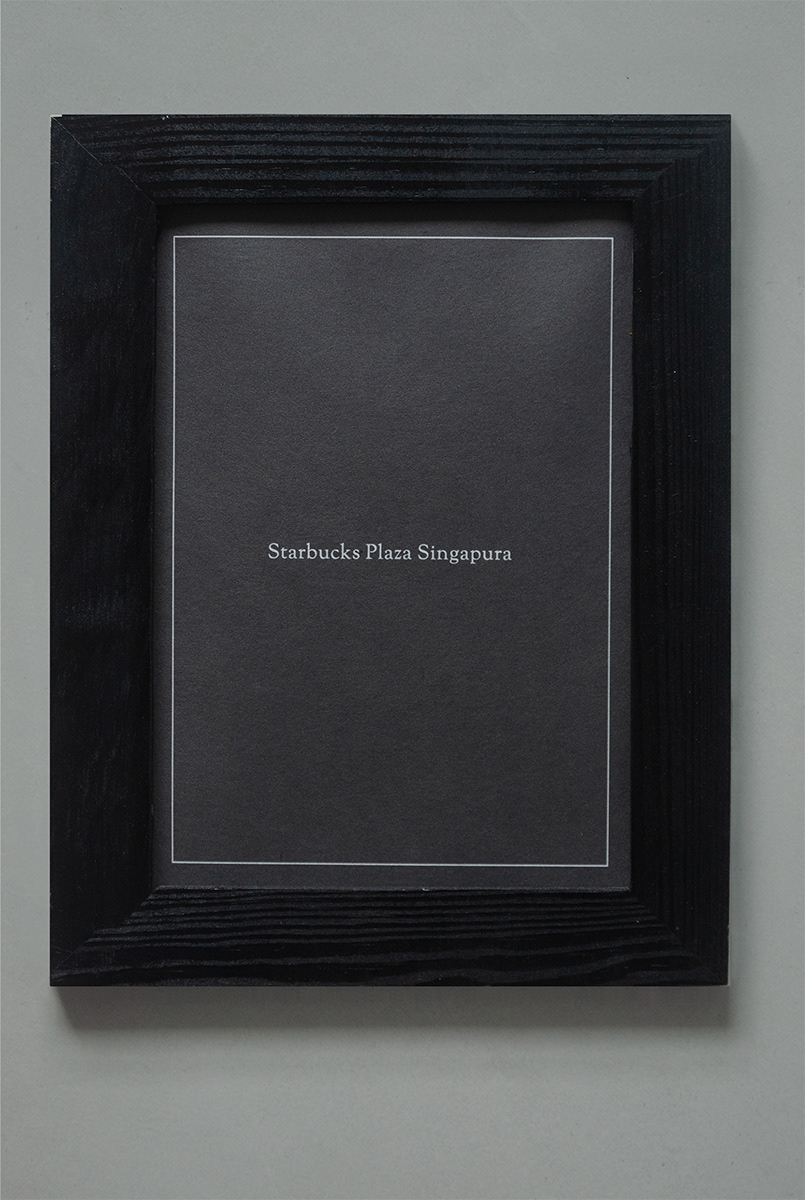
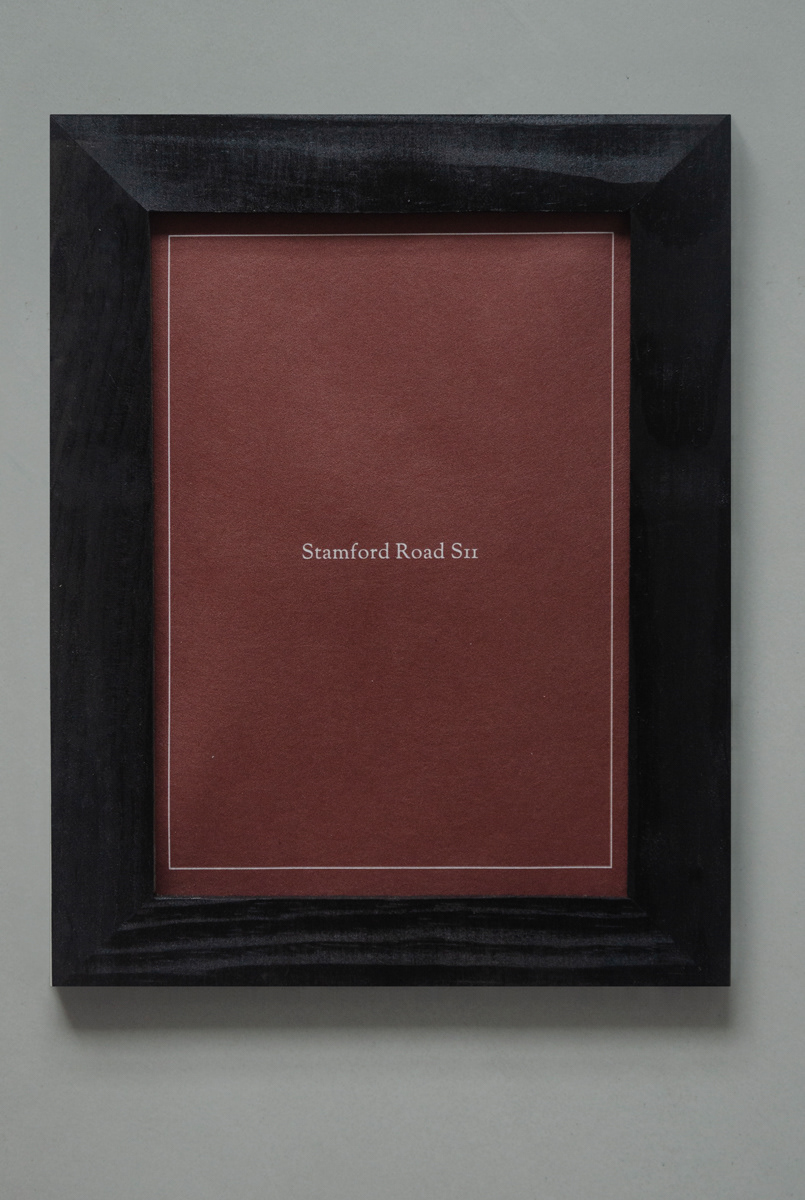
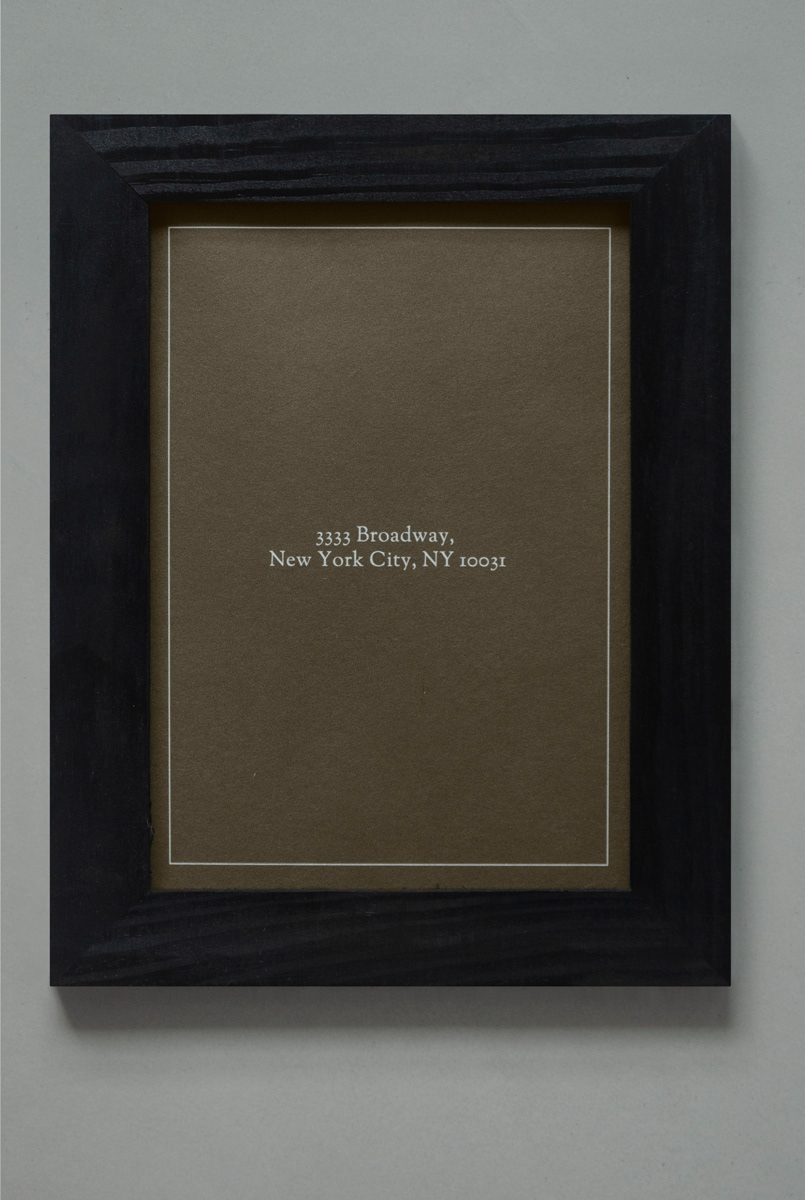
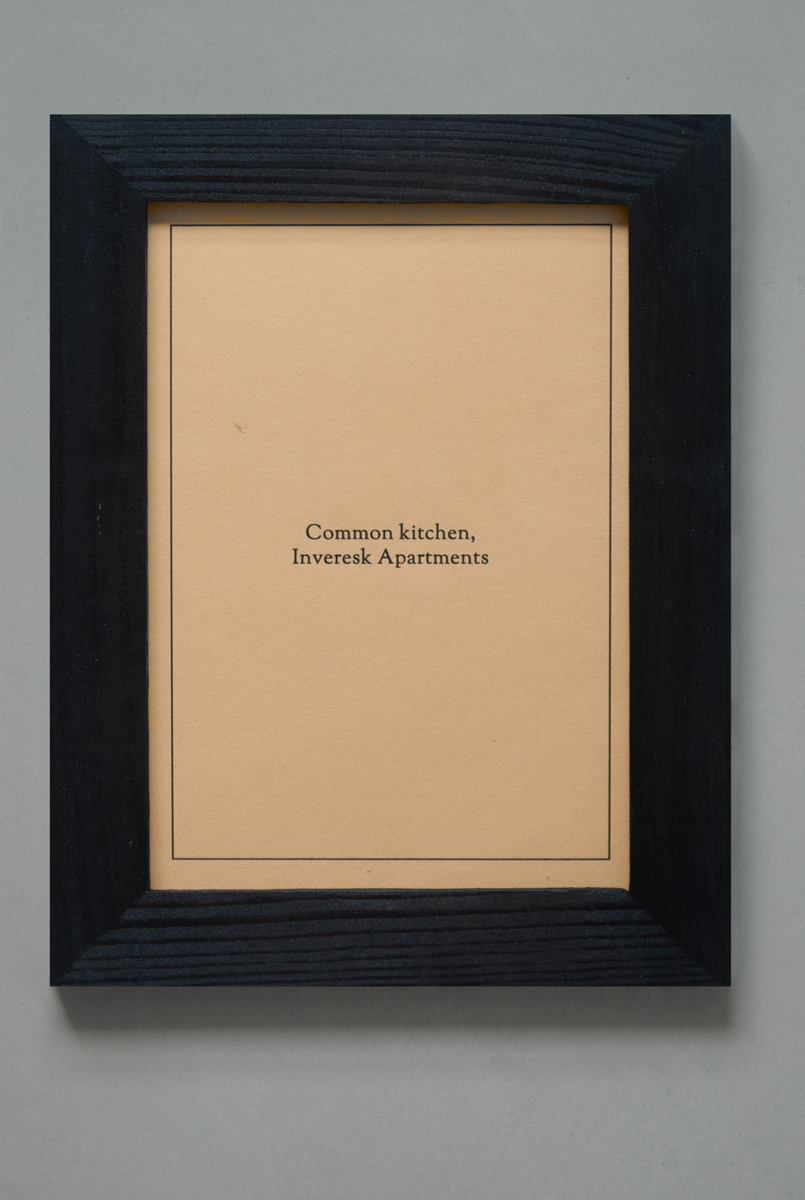
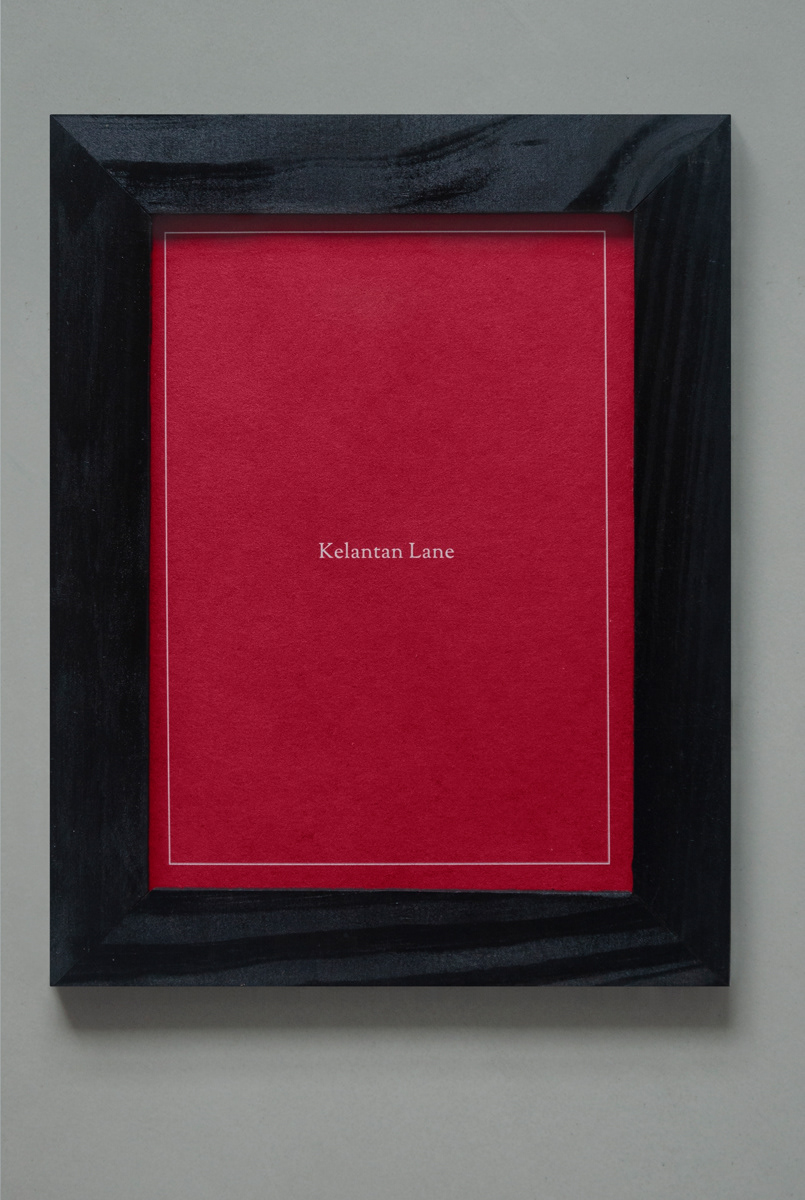
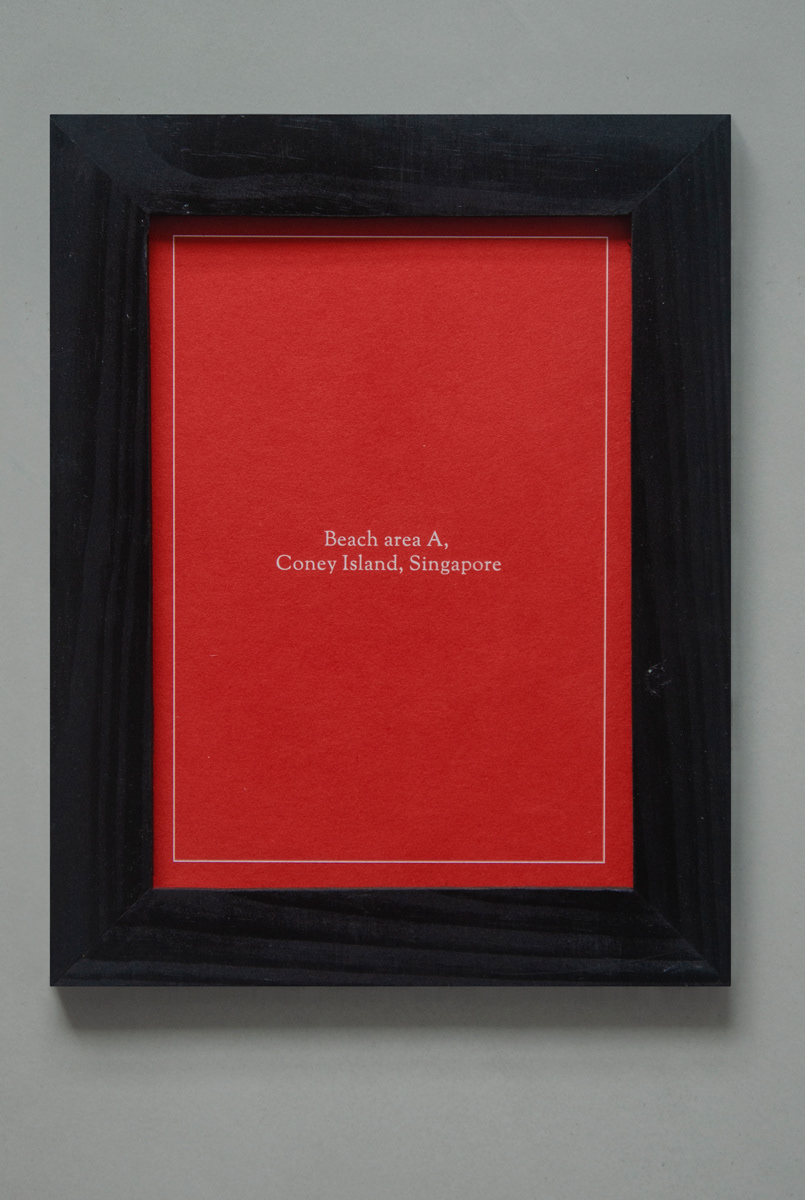
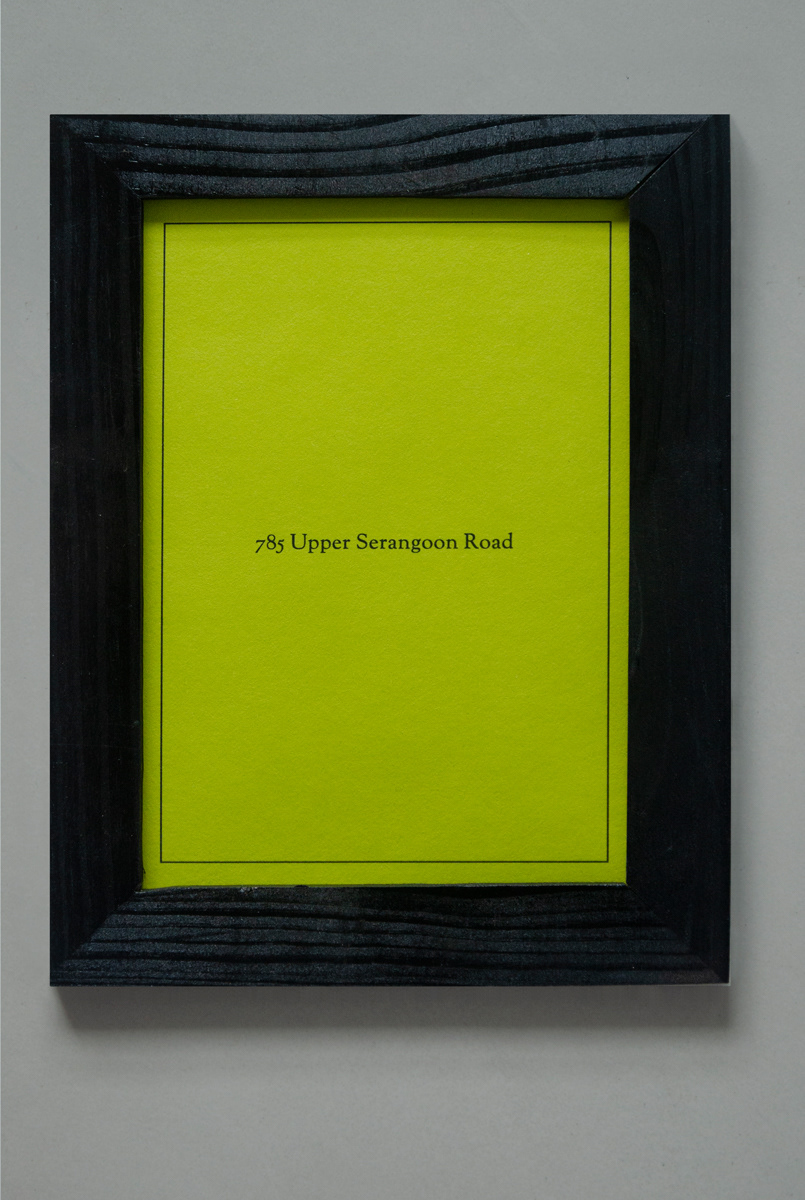
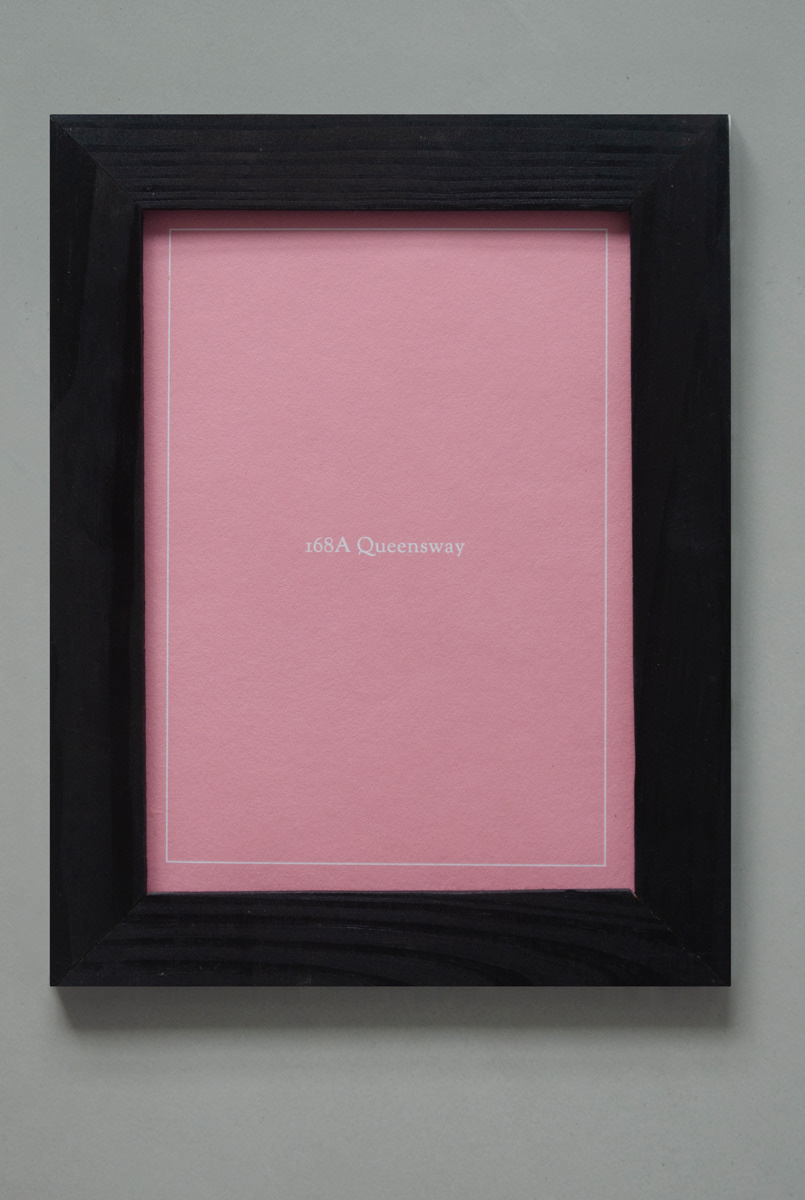
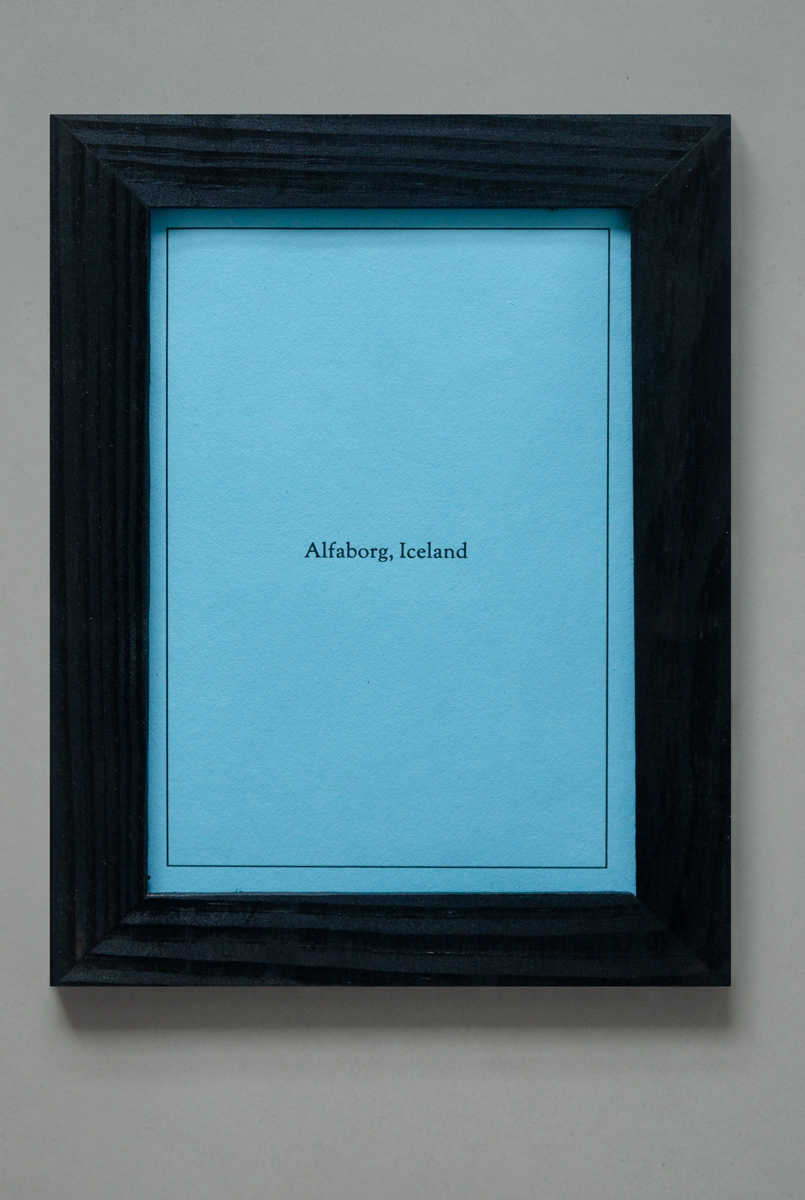
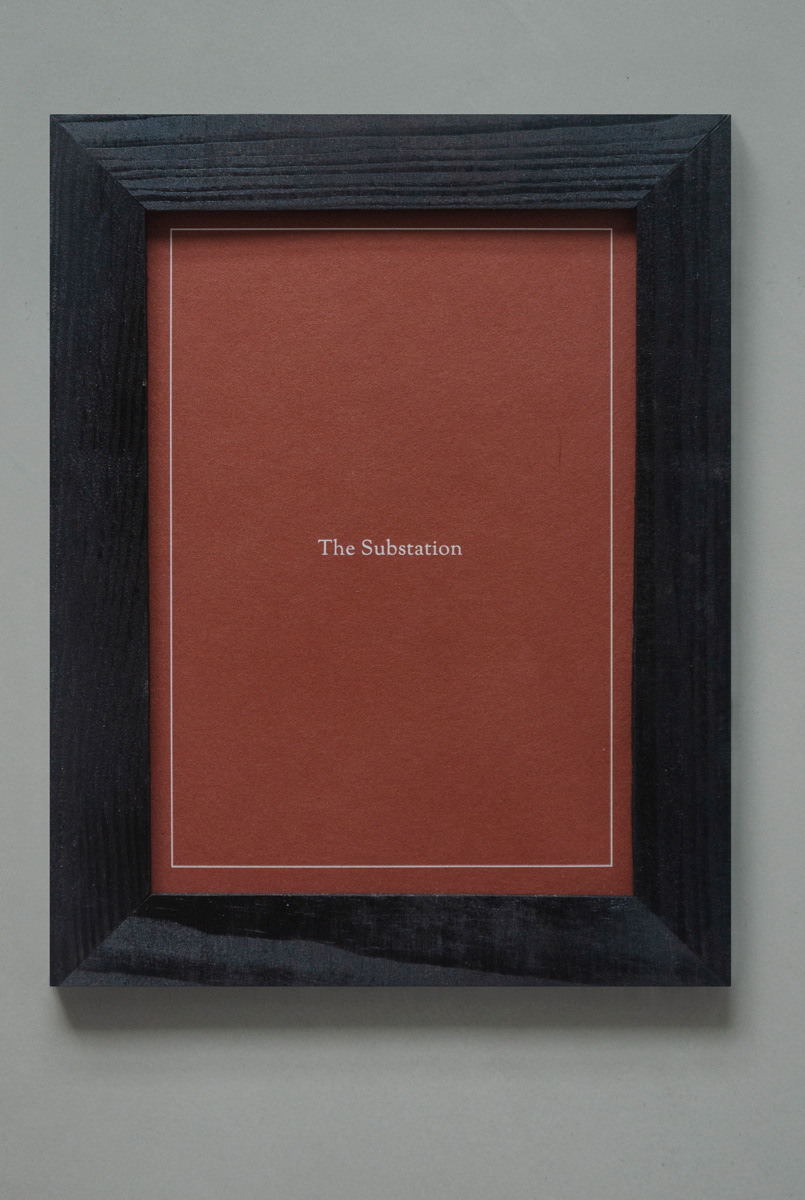
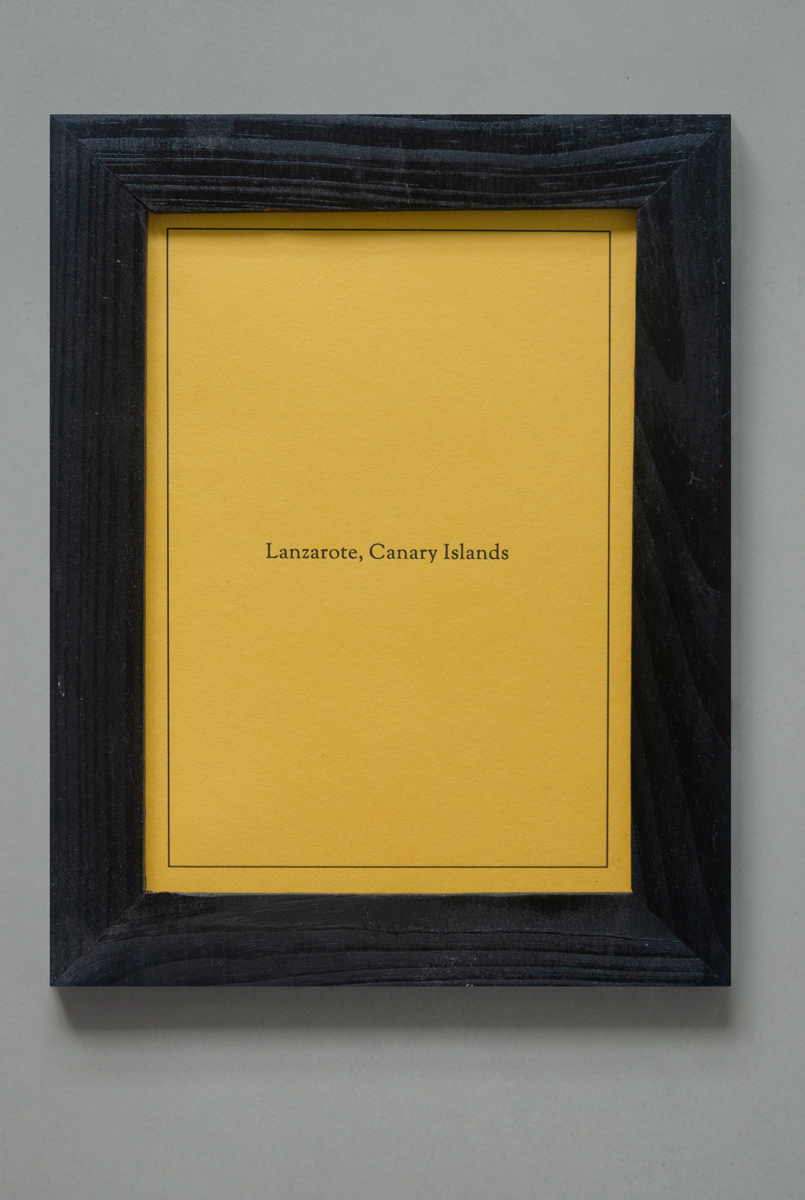
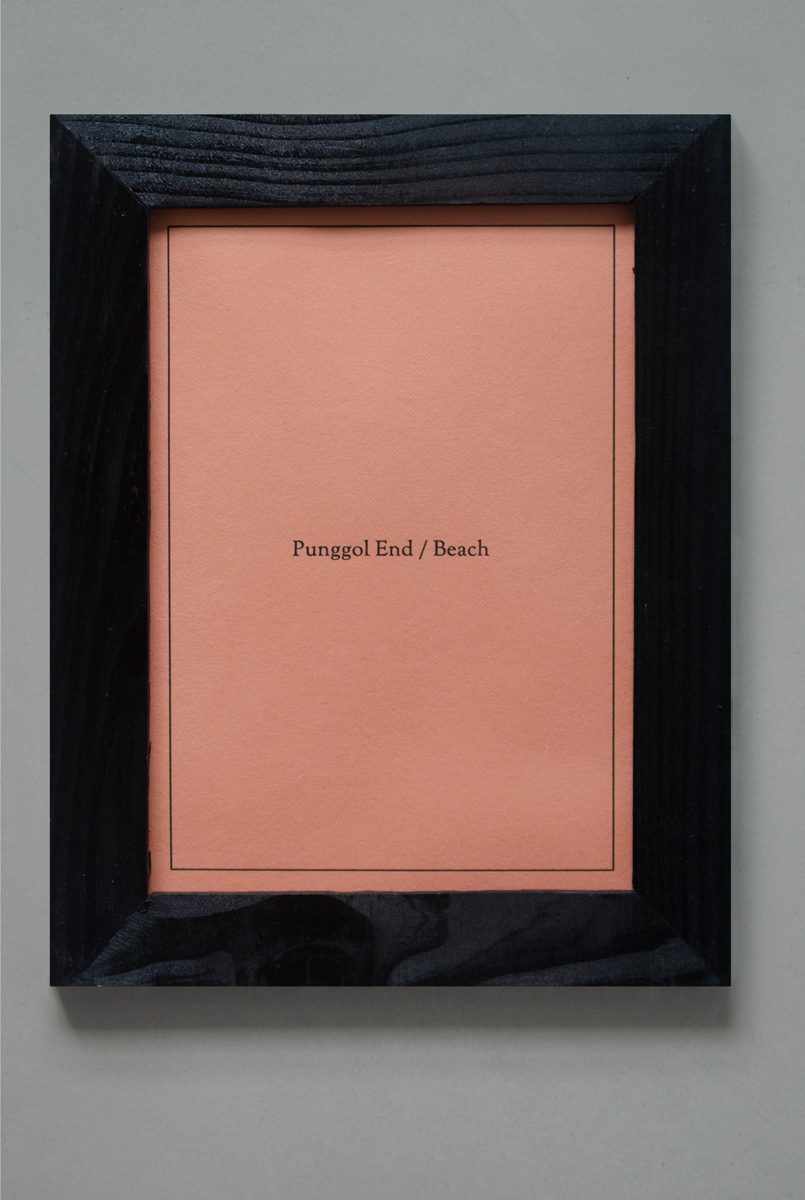
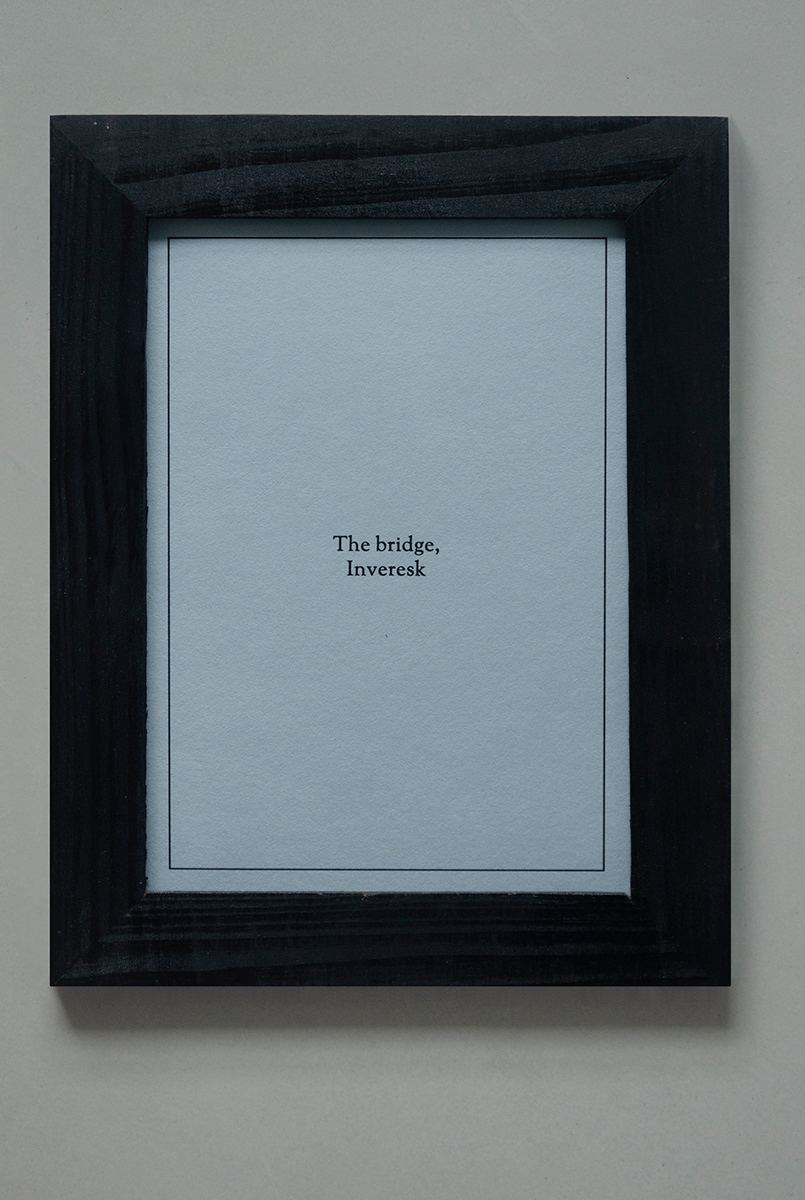
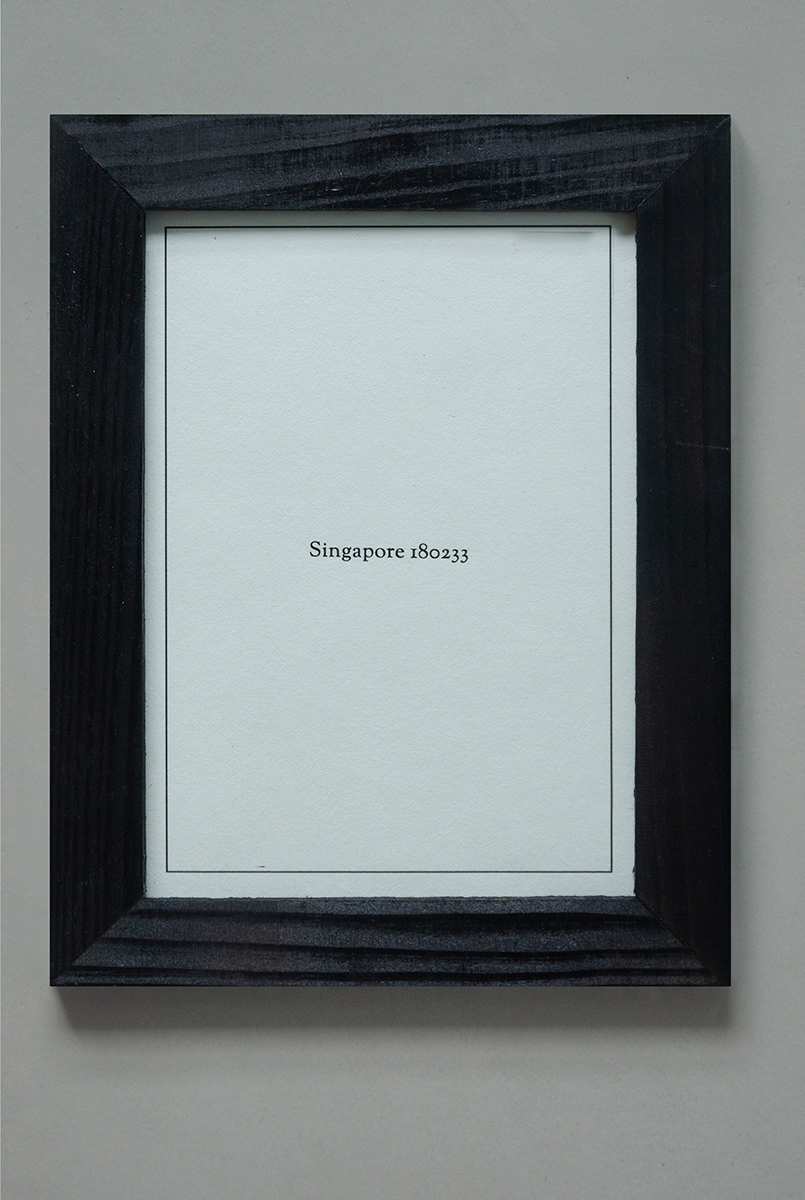
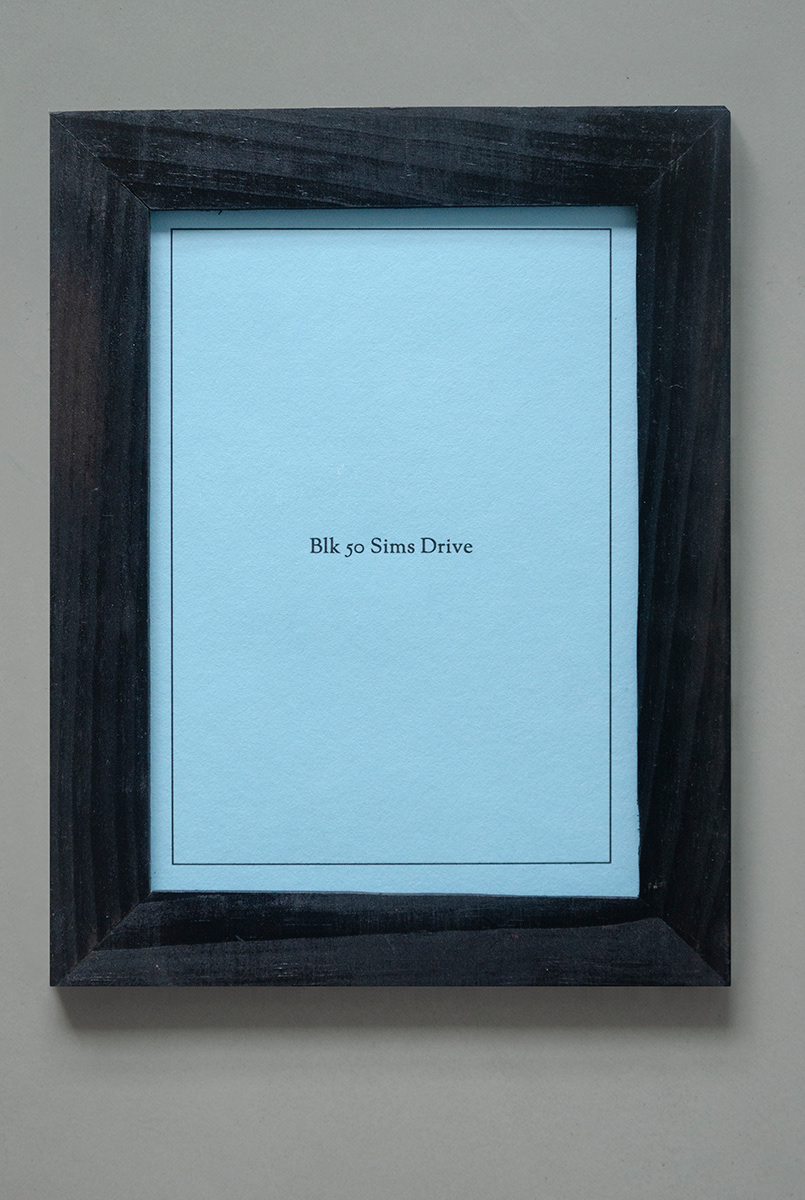
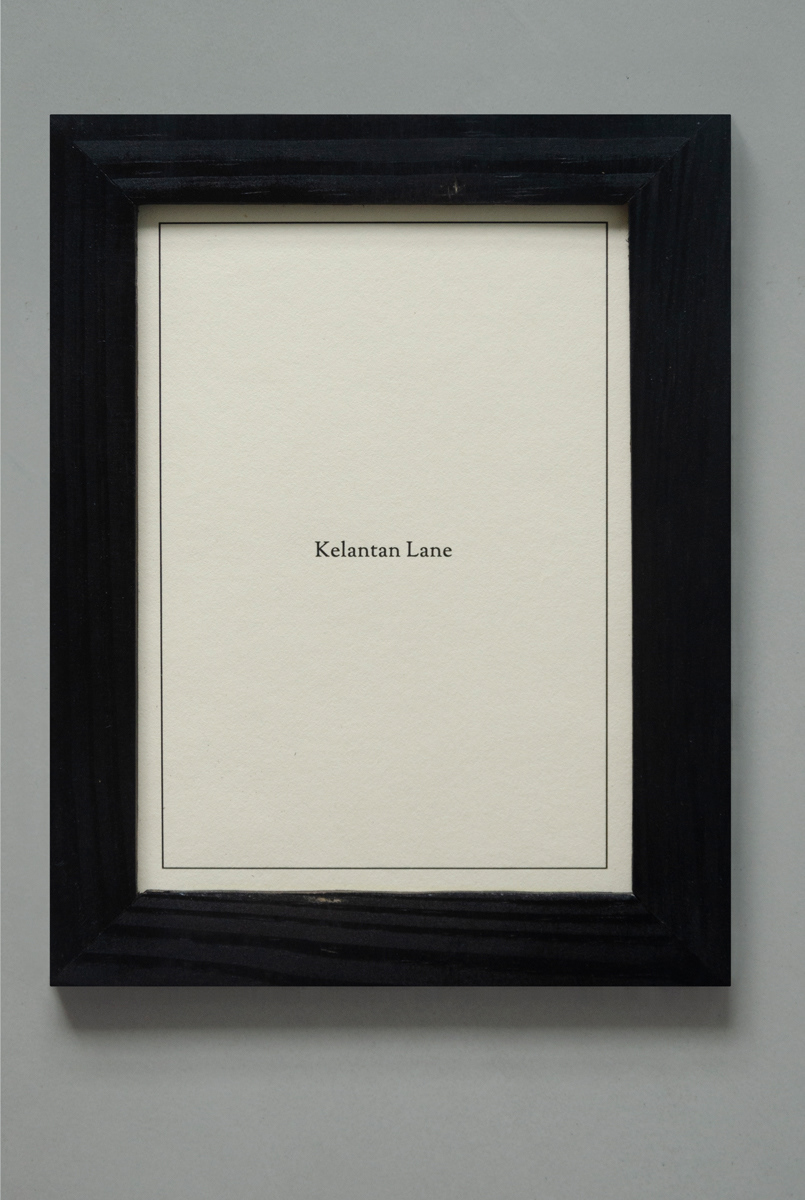
2020
Text, digital print on Japanese Kozo paper, framed
135 x 185 mm
Exhibited at Genetic Landscapes, The Substation Gallery, 2 - 18 Aug 2020
Commissioned and curated by Artists Caravan
Exhibited at New Histories: Then... ,The Fluxus House, 17 - 31 Mar 2021
Curated by myself
Maps change, people die, everything fades away. Cities get built, expand into the rural area, and may be destroyed in war. Political boundaries shift, cultures move, nations rise and fall. Humans change the face of our planet. From Alexandre the Great’s 332 B.C. causeway to Tyre, to the creation of Lake Volta in 1965, some changes are bigger than others. Singapore’s land area had increased by 25% in 200 years. Other areas of the island had been levelled and used as landfill for reclamation, reservoirs created from valleys, rural land replaced by new towns.
A map of Earth is good for millions of years. A country map might be good for a few decades. A city map might be good for years. The paths we take to somewhere might change. For instance, someone living in a now-demolished village might had taken a particular path 100 years ago. If the person walks the same path today what would he see?
A list of coordinates might be more eternal. The place will change but the location stays at that point in space. Our memories are etched to locations which are meaningful to our personal mythologies. The physicality of a place would change, however the location stays; during days of reminiscent we may recall memories of a place which had long since changed. The coordinate is a point, or may create a series of boundaries which enclose a psychogeographic memory.
===
Text, digital print on Japanese Kozo paper, framed
135 x 185 mm
Exhibited at Genetic Landscapes, The Substation Gallery, 2 - 18 Aug 2020
Commissioned and curated by Artists Caravan
Exhibited at New Histories: Then... ,The Fluxus House, 17 - 31 Mar 2021
Curated by myself
Maps change, people die, everything fades away. Cities get built, expand into the rural area, and may be destroyed in war. Political boundaries shift, cultures move, nations rise and fall. Humans change the face of our planet. From Alexandre the Great’s 332 B.C. causeway to Tyre, to the creation of Lake Volta in 1965, some changes are bigger than others. Singapore’s land area had increased by 25% in 200 years. Other areas of the island had been levelled and used as landfill for reclamation, reservoirs created from valleys, rural land replaced by new towns.
A map of Earth is good for millions of years. A country map might be good for a few decades. A city map might be good for years. The paths we take to somewhere might change. For instance, someone living in a now-demolished village might had taken a particular path 100 years ago. If the person walks the same path today what would he see?
A list of coordinates might be more eternal. The place will change but the location stays at that point in space. Our memories are etched to locations which are meaningful to our personal mythologies. The physicality of a place would change, however the location stays; during days of reminiscent we may recall memories of a place which had long since changed. The coordinate is a point, or may create a series of boundaries which enclose a psychogeographic memory.
===
Sourced through the artist’s friends and acquaintances, subjects were encouraged to share a location which is meaningful to them. The work encourages us to think of the myriad of stories and experiences a space might hold and the psychogeographic qualities of spaces and places.
A famous place may mean nothing to an individual but a nonplace may be loaded with memories. After the work on On Kawara.
(Nonplace is a term coined by Marc Auge to describe spaces that do not hold enough significance to be regarded as “places”)